Grinding Metal Powders/Ceramics/Soil Samples? A Comprehensive Guide to Materials Suitable for Planetary Ball Mills
In industrial production, planetary ball mills are widely used for preparing various powder materials, such as metal powders, ceramic powders, and chemical powders. These powder materials hold broad application prospects in electronics, metallurgy, chemical engineering, building materials, and other fields. With the continuous development of industrial production and industrial upgrading, the demand for planetary ball mills continues to grow. Lanende planetary ball mills are suitable for grinding metal powders, ceramics, and soil samples.
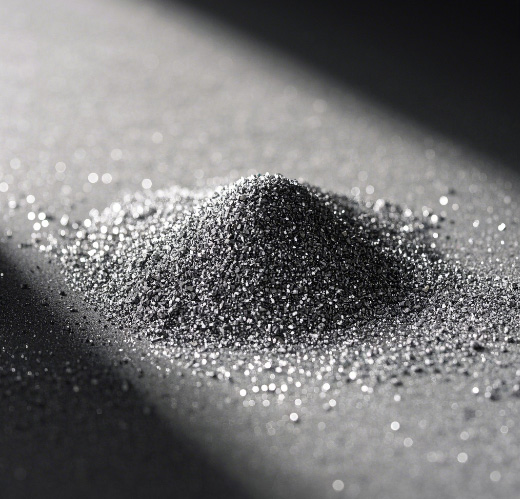
1. Metal Powders
Scope of Application: The LianDe planetary ball mill efficiently grinds various metal powders, including iron powder, aluminum powder, magnesium powder, copper powder, and more.
Application Scenarios: In powder metallurgy, alloy preparation, metal surface coating treatment, and other fields, the planetary ball mill can grind metal powders to micron-level or even nano-level fineness, meeting the demands for high-precision material preparation.
Advantages: By adjusting grinding parameters, nanocrystalline structures can be achieved, enhancing the material's mechanical, electrical, and magnetic properties.
2. Ceramic Materials
Scope of Application: Suitable for grinding and modifying ceramic materials such as alumina, zirconia, and silicon carbide.
Application Scenarios: In ceramic powder preparation and ceramic surface modification, planetary ball mills can grind ceramic materials to the required fineness, improving material density and performance.
Advantages: Supports cryogenic grinding with liquid nitrogen, suitable for heat-sensitive and elastic materials.
3. Soil Samples
Scope of Application: Suitable for grinding soil samples required for studying soil texture, structure, and particle composition.
Application Scenarios: In soil science research, planetary ball mills ensure soil samples are ground to the desired fineness, enhancing the accuracy and reliability of test results.
Advantages: High-efficiency grinding capability reduces soil samples to the nanoscale within short timeframes, meeting high-precision research demands.
4. Other Applicable Materials
Hard Materials: Alloys, graphite, minerals (iron ore, kaolin, limestone, etc.), ores, cement slag, concrete, etc.
Brittle Materials: Fragile substances like glass, minerals, ores, etc.
Mixed Samples: Compound fertilizers, coatings, paints, inks, sewage sludge, etc.
Others: Catalysts, chemicals, pigments, bentonite/clay, dyes, chips, polymers, etc.
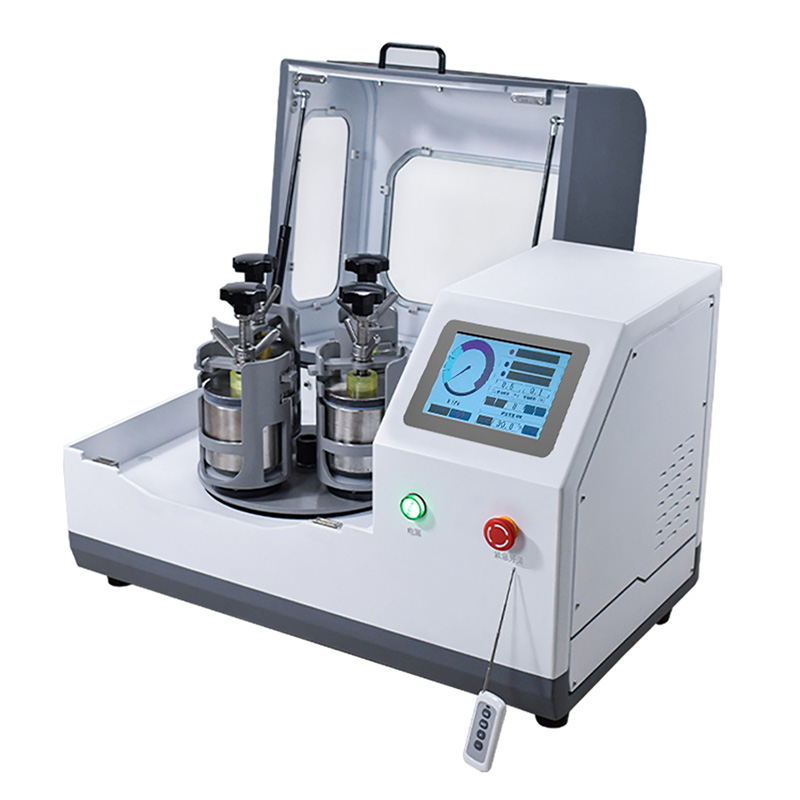
Technical Features
Diverse Configuration: Offers grinding jars and balls in various materials including agate, ceramic, PTFE, zirconia, and stainless steel to meet diverse grinding requirements for different materials.
High-Precision Grinding: Achieves minimum particle sizes down to 0.1 microns, satisfying high-precision grinding demands.
Easy Operation and Maintenance: High automation level ensures simple operation—users only need to set parameters and start the equipment to complete the grinding process.
With its efficient grinding capability, broad applicability, and flexible configuration options, the Lanende Planetary Ball Mill demonstrates significant advantages in grinding applications such as metal powders, ceramics, and soil samples. Its high-precision grinding performance and diverse configuration options make it an essential tool across multiple fields including materials science, geology and mining, agriculture and animal husbandry, new energy, pharmaceuticals, and environmental protection.
 PrevHow to Use the Lanende ATP Fluorescence Microbial Detector: A User Guide
PrevHow to Use the Lanende ATP Fluorescence Microbial Detector: A User Guide NextHow to Use an Egg Antibiotic Tester? Step-by-Step Guide for Quick Detection!
NextHow to Use an Egg Antibiotic Tester? Step-by-Step Guide for Quick Detection!
Recent Articles
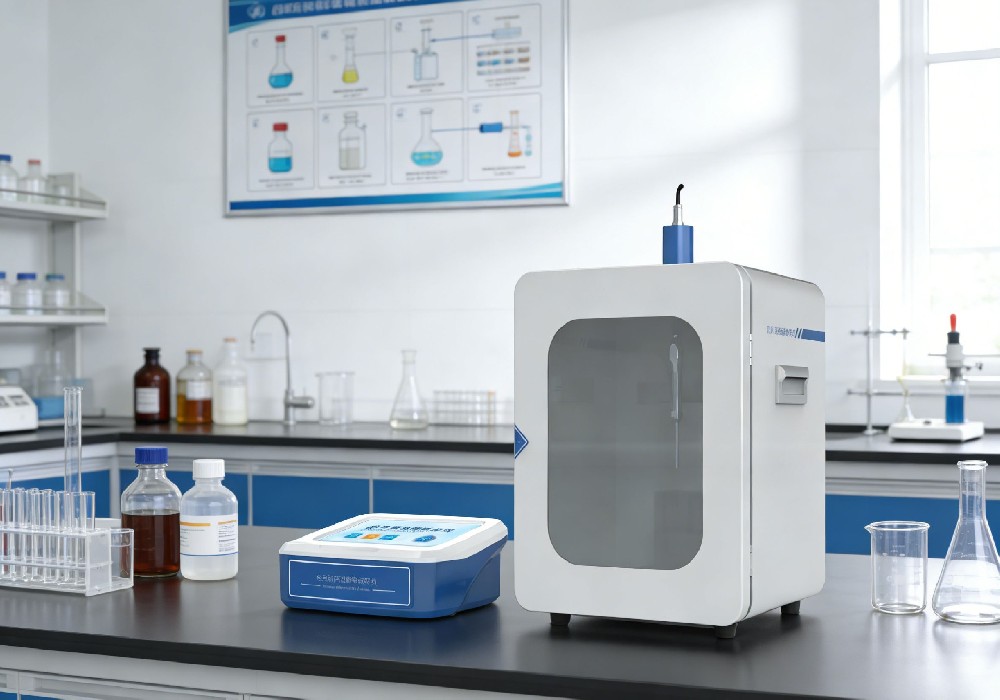
Lanende’s Ultrasonic Cell Disruptor Powers Cross‑Industry Innovation with Precise, Efficient Sample Processing
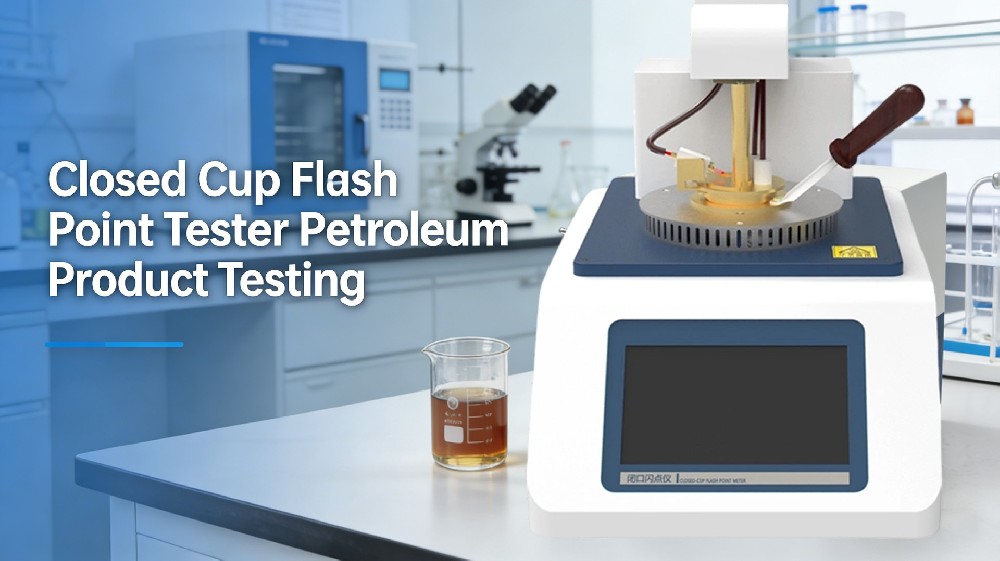
Lanende Launches Fully Automated Closed‑Cup Flash Point Meter, Marking New Milestone in Safety Analysis Capabilities
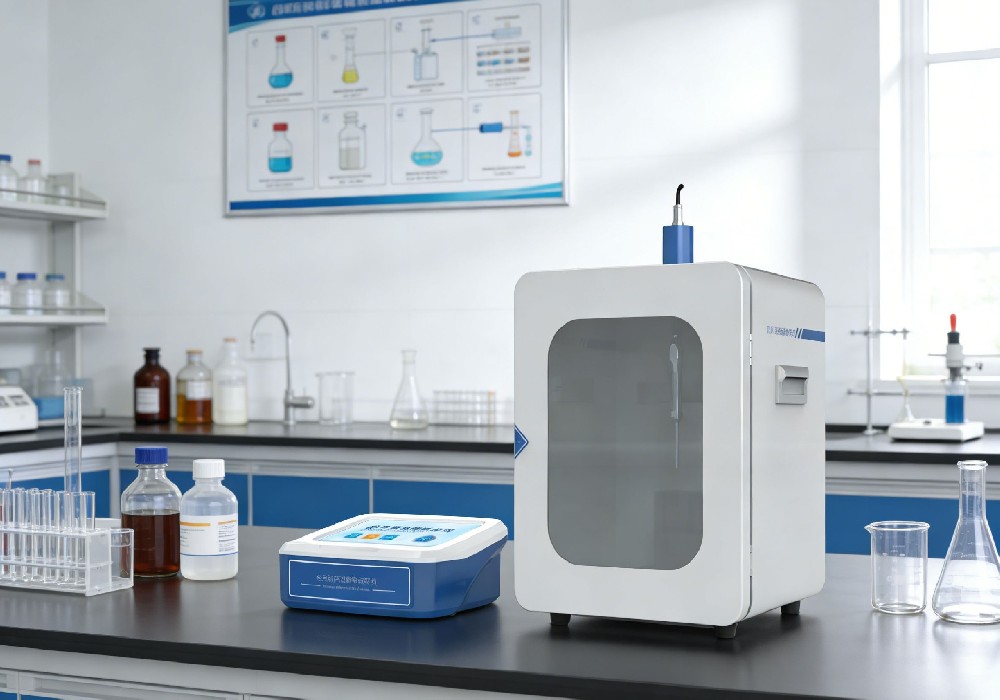
Lanende Launches Split-Type Ultrasonic Cell Disruptor – Empowering Life Science Research and Industrialization with Precision



